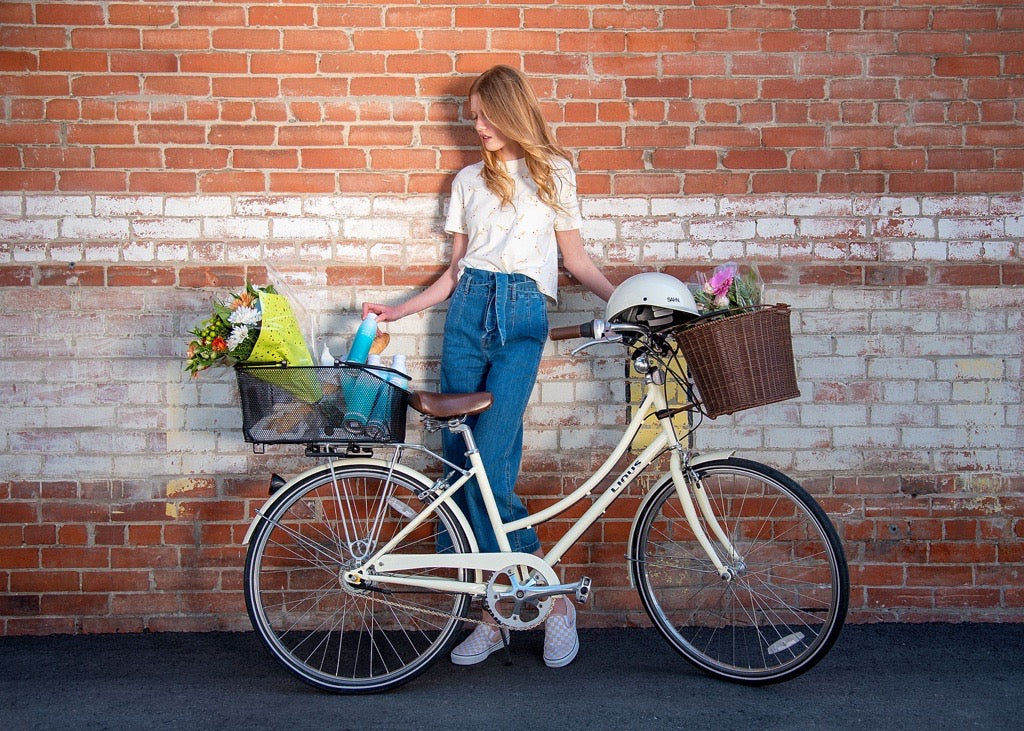Recently we’ve noticed how the corona virus has changed the use of plastic bags, containers and other disposable products. Canadians are no doubt great recyclers, however, most of us have put sustainable practices on the back burner gripped by anxiety of the COVID-19 pandemic and basic food insecurity hitting home. We’ve done more than necessary errands to the supermarket to stock our homes with “emergency” supplies of dozens of canned food, cereals, cartons and bottles of milk, cleaning and personal products, many of which are packaged in single use plastic, costing us more in the long term. Not only that, but in our efforts to support local businesses in these times, most of us have succumbed to takeaway meals and coffees, that are served in harmful plastic and Styrofoam in the hope of preventing the transmission of the virus. Not forgetting, the demand for hygiene products such as disposable wipes, cleaning agents, hand sanitizer, disposable gloves and masks is at a record high.
According to the Plastic Oceans Foundation, an average Canadian person uses 700 plastic bags, 720 single use cups, 1025 plastic bottles, 730 straws each year. With China declining to continue serving as the world’s recycling bin, Canada’s exports of scrap plastic dropped to 20 percent and the cost of domestic recycling shot up to 40 percent. However, “only 9% of the 3.2 million tonnes of plastic waste generated each year in Canada is recycled,” reports the Globe, with the result that “as much as 2.8 million tonnes—the weight of 24 CN Towers—ends up in Canadian landfills.” So how can we as individuals find the easiest routes to end plastic pollution?
The crew at North Water follow the SIX R’s rules (thanks to EarthWatch) and have shared tips that to combat the plastic pandemic.
1. REDUCE : Take your eco bags with you every time you step out of the house, even on the non-supermarket/market days. Always keep an extra eco-bag in your vehicle and in your bag or back pocket (TIP: Find eco- bags that can be crunched into a tight ball). Consume less non- essentials such as clothes, bedding, furniture and electricals. Be ethical, practical and eco-smart with your buying choices.
2. REFUSE: Do not buy fruit and vegetables packed in plastic and Styrofoam. Take several eco bags from home to sort out, separate and carry the fruit and veg home safely, without damaging the quality of the products. Use as much whole food as possible as this provides more nutrition goodness than pre-made, pre-packed, preservative and additive added foods. Note farmer’s markets days in your calendar to buy produce that is freshly and naturally sourced.
3. REUSE – Wash thoroughly and reuse bottles and plastic containers for storage of food, medicine, and knick-knacks such as buttons and batteries. This minimizes the need to produce more plastic. Find businesses in your neighborhood that refill old bottles for lotions and potions, soaps, detergents and liquid food essentials. (Top Tip: you will save a little as you aren’t paying for the cost of the bottle).
4. RECYCLE – One’s trash is another’s treasure. Share, sell or exchange unloved toys, books, clothes, furniture and other items with members of your community.
Facebook Marketplace, E-Bay, Gumtree and Opportunity Shops are a good start. Find the drop off points in your local, for placing your pre-loved items.
5. REMOVE – Safely secure waste and dispose mindfully and correctly.
6. RALLY – Join forces and support the environmental protection movements that lobby against plastic and environmental damage through other forms of pollution and uphold sustainability and conservation.
Embracing the Six R’s will no doubt close the loop on waste by progressively demanding all products to be usable, recyclable and safely compostable. Products will be produced in ways that allow them to be recovered and reused or to biologically breakdown in safe ways. As individuals we yield real power and influence as consumers and unite to transform to a safe and clean planet.




